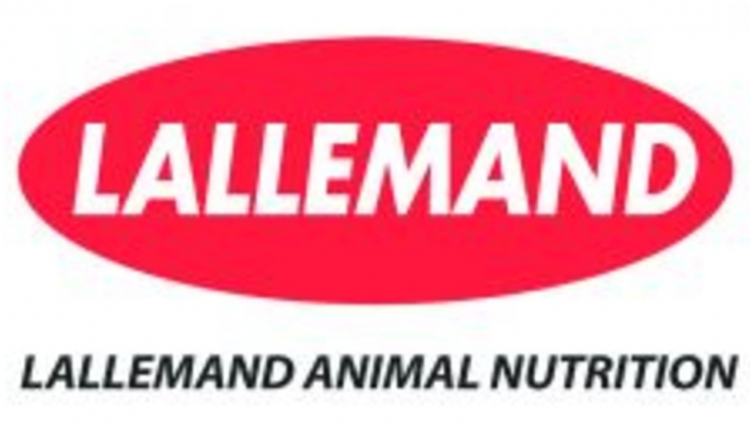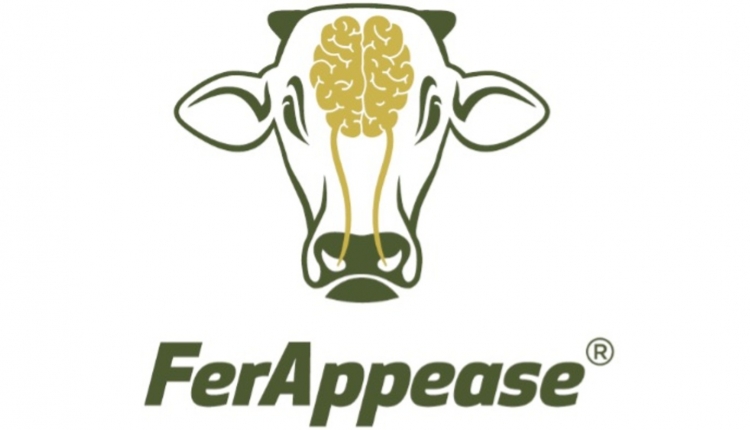From Jim Mulhern, President and Chief Executive Officer, NMPF:
"We are very pleased that the months-long effort to develop a compromise national solution to provide information to consumers on foods made with biotechnology has resulted in a strong agreement.
"We commend Sens. Pat Roberts and Debbie Stabenow for their efforts to produce this sound and workable approach that will reaffirm the federal government's role in food labeling policy and prevent the chaotic mess that would arise from leaving this issue to the whims of 50 different states. It is now critical that the Senate vote on and approve the Roberts-Stabenow agreement as soon as possible next week, prior to July 1 when the Vermont biotech labeling law is slated to take effect.
"We're pleased that the legislative proposal clearly stipulates that milk and meat from animals that consume feed grown from biotech seeds are not subject to the labeling disclosure provisions. This is an important common sense provision. Milk and meat are not genetically modified just because the cows consume biotech feed, just like humans are not genetically modified by consuming foods derived from biotechnology. NMPF argued strongly for this provision throughout the negotiations process, and we are pleased that Sens. Roberts and Stabenow agreed with us.
"Earlier this month, our Board of Directors and our national Young Cooperators held dozens of meetings in the Senate and House to advocate for a national policy on this issue. Following those visits, the NMPF board adopted a resolution calling on Congress to act quickly to provide consumers across the country clear and consistent information on food biotechnology. It is gratifying that this grassroots expression from dairy farmers across the country had a positive impact.
"We are confident that this agreement will allow food companies to provide additional information to consumers about the products and processes used in formulating their foods in a way that doesn't stigmatize foods produced with biotechnology. This will be important in addressing the interests of consumers and food producers, and ultimately to the future of agricultural sustainability."
6.27.2016








